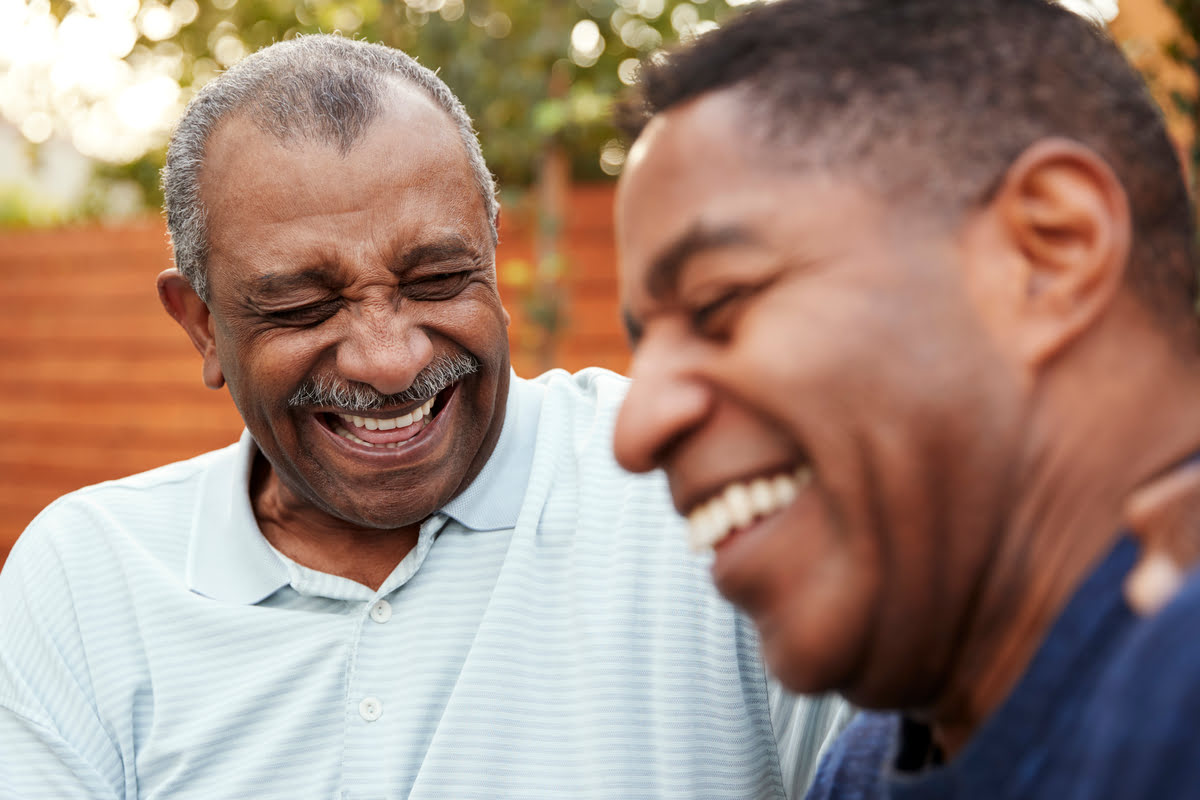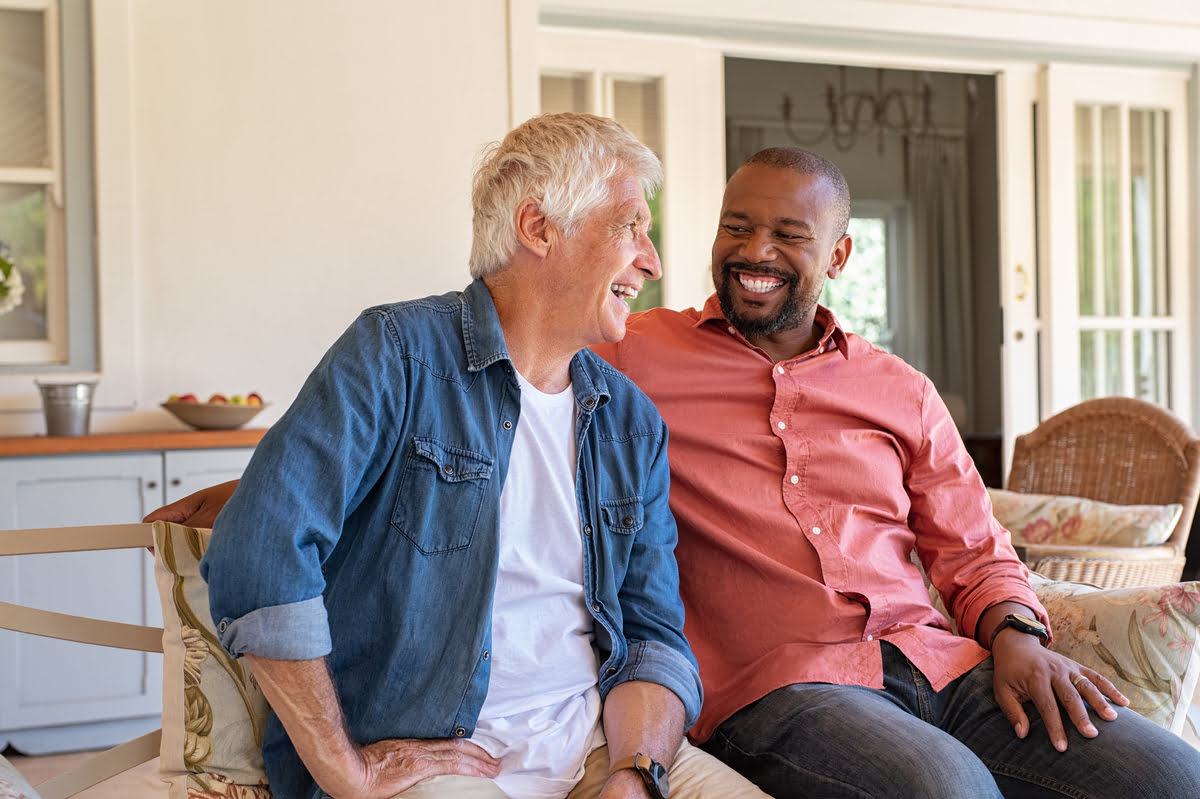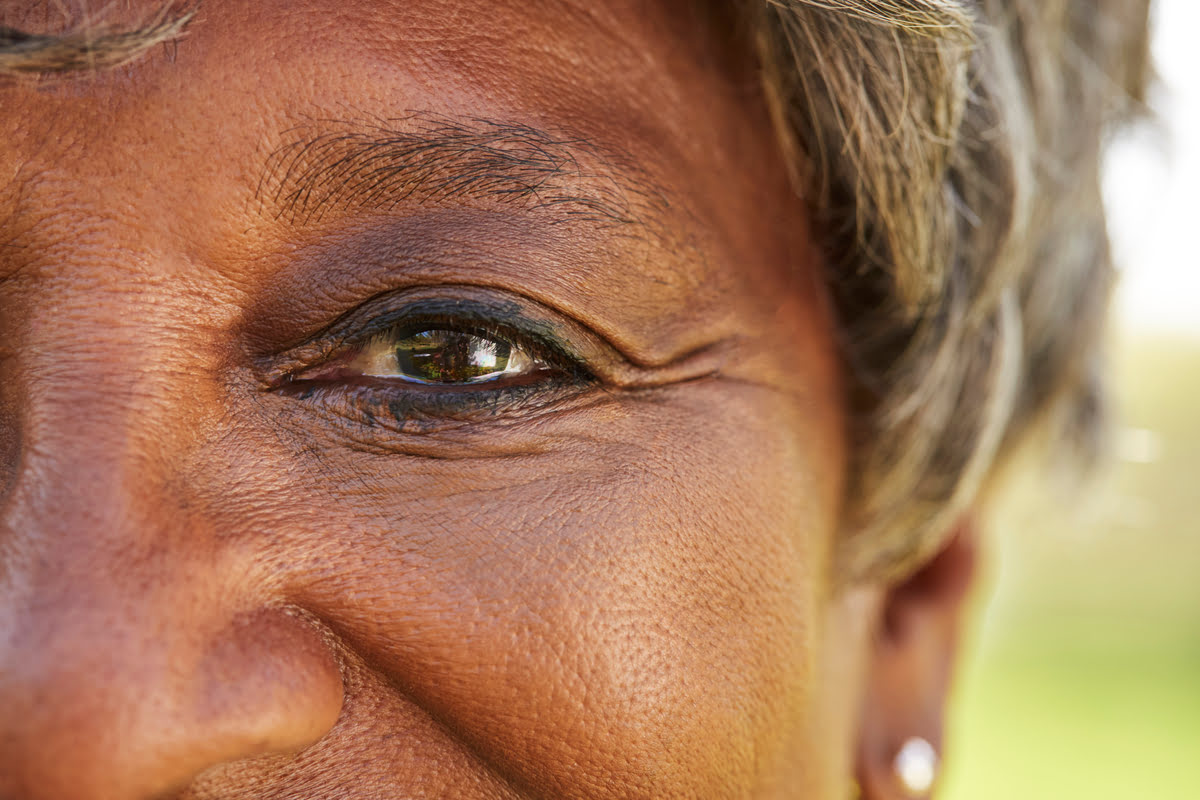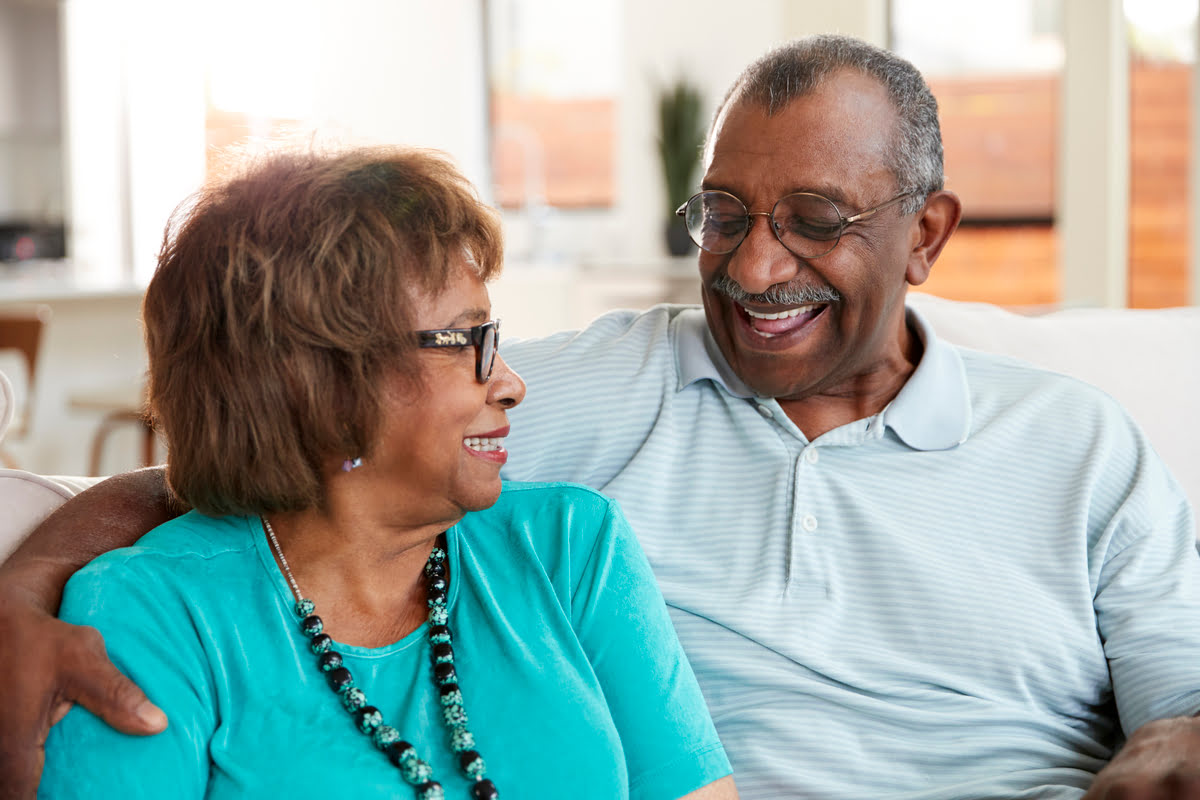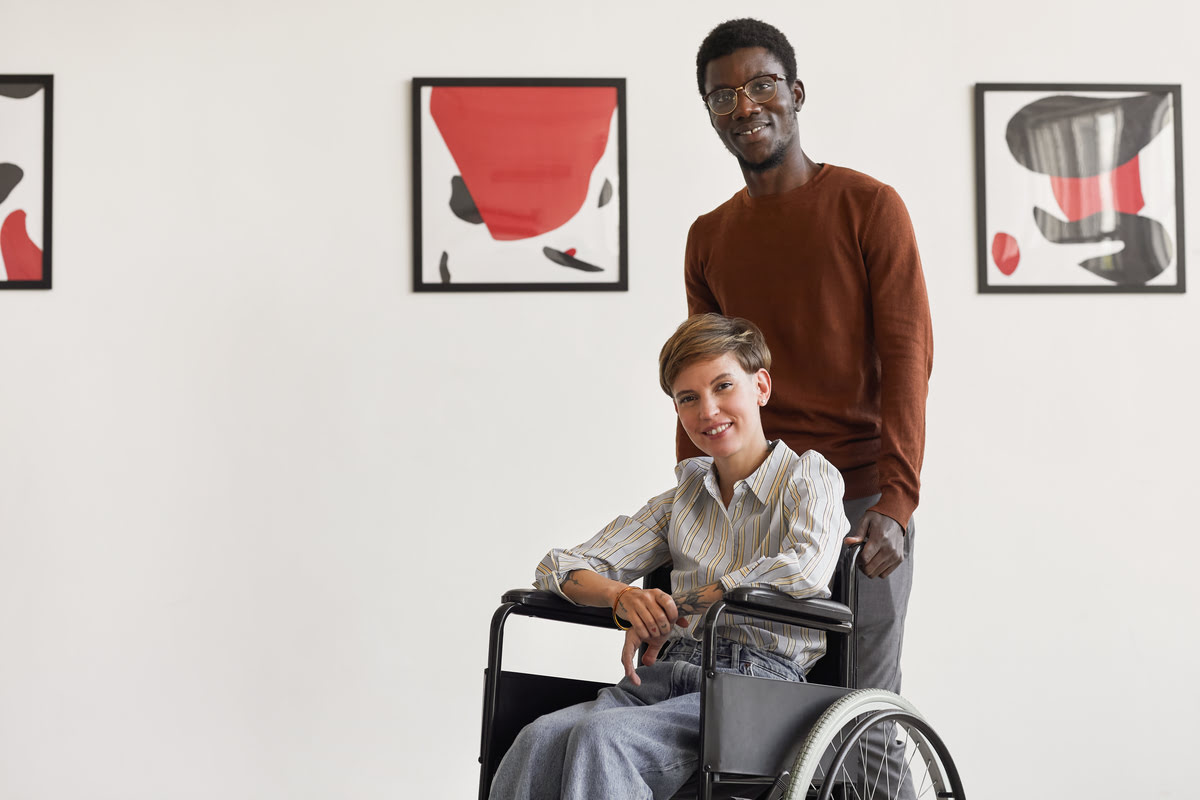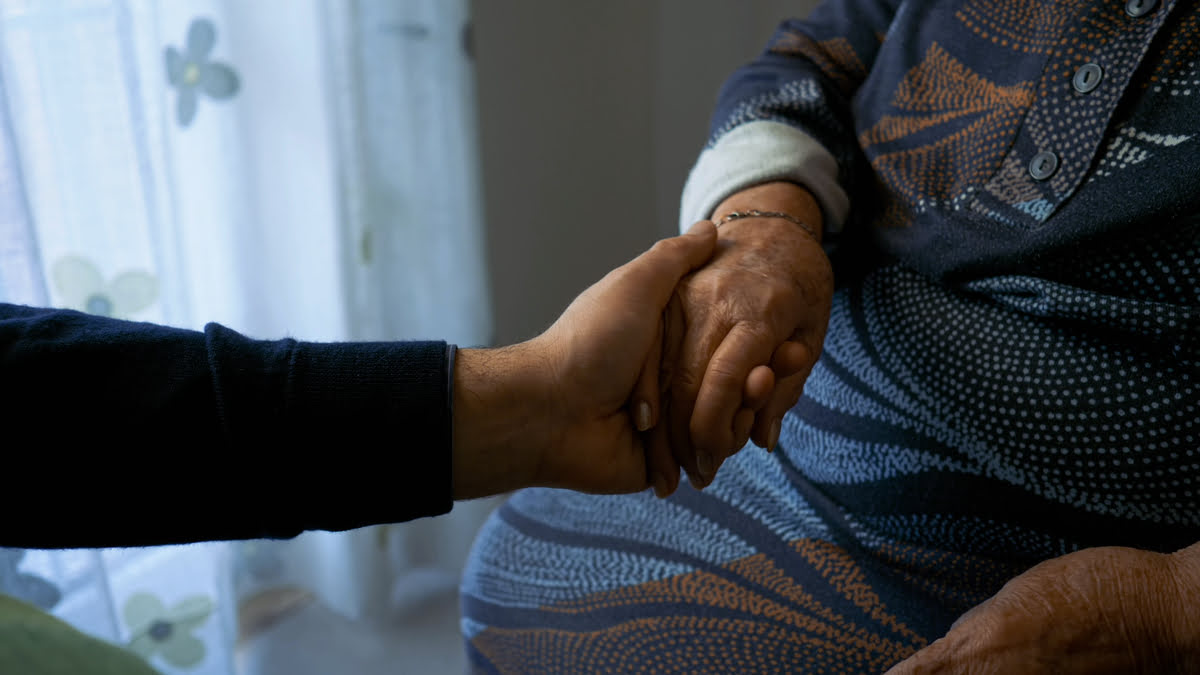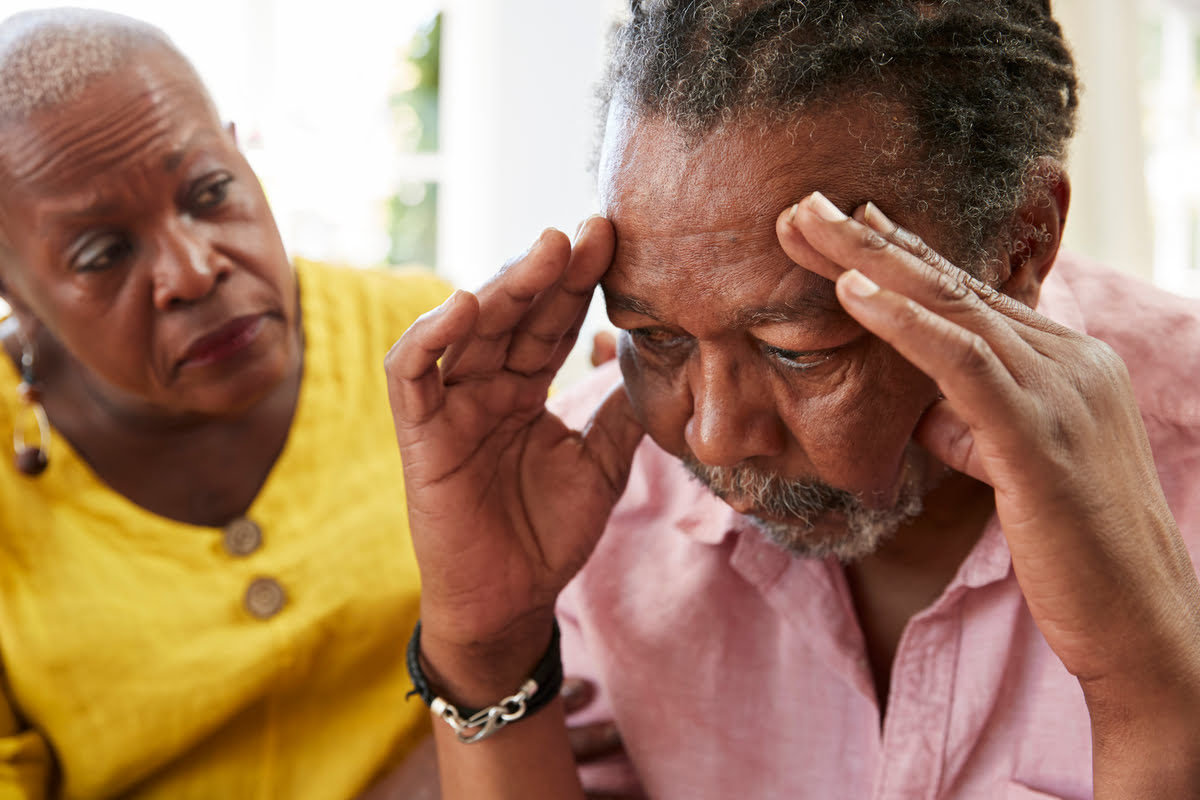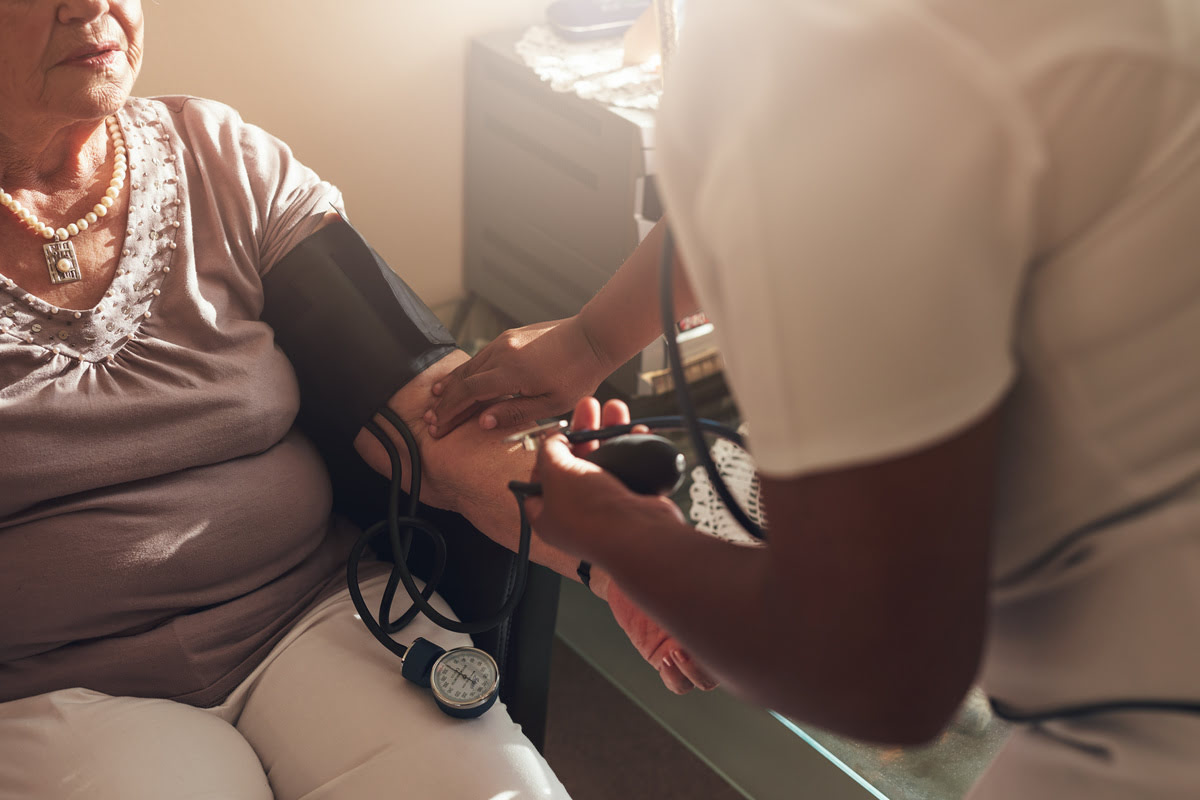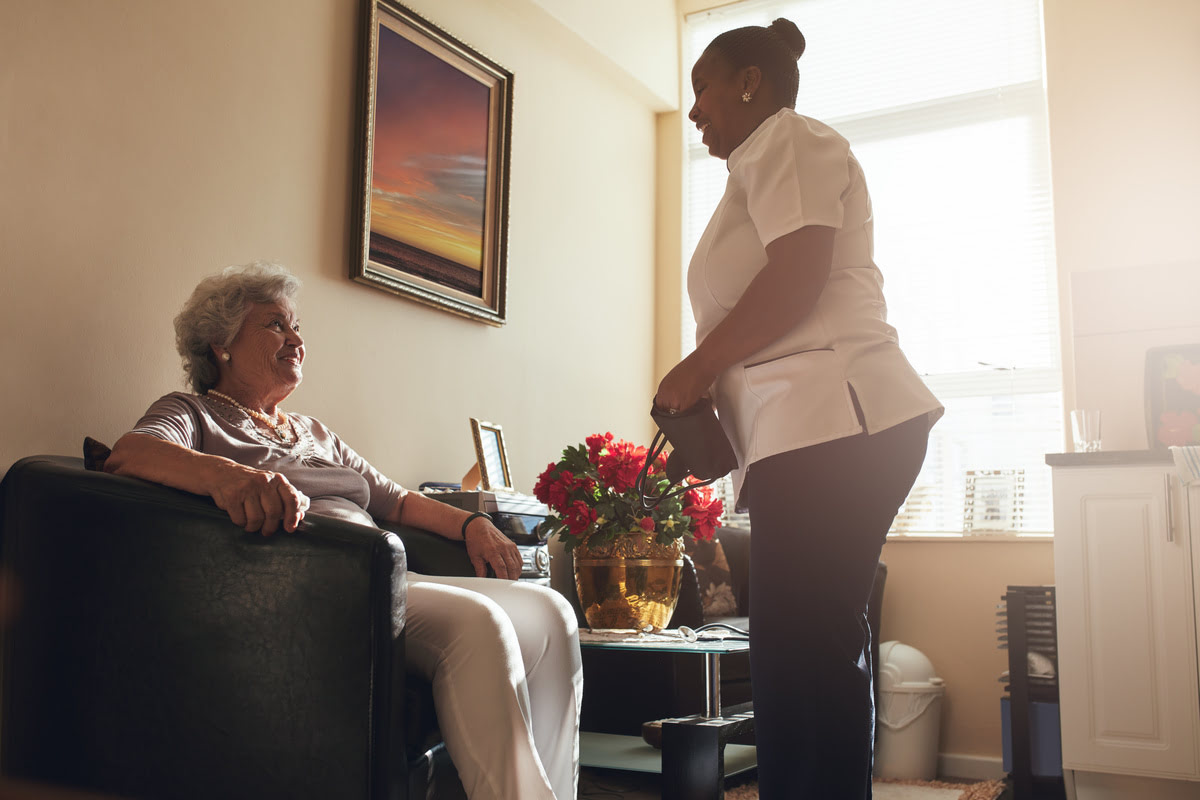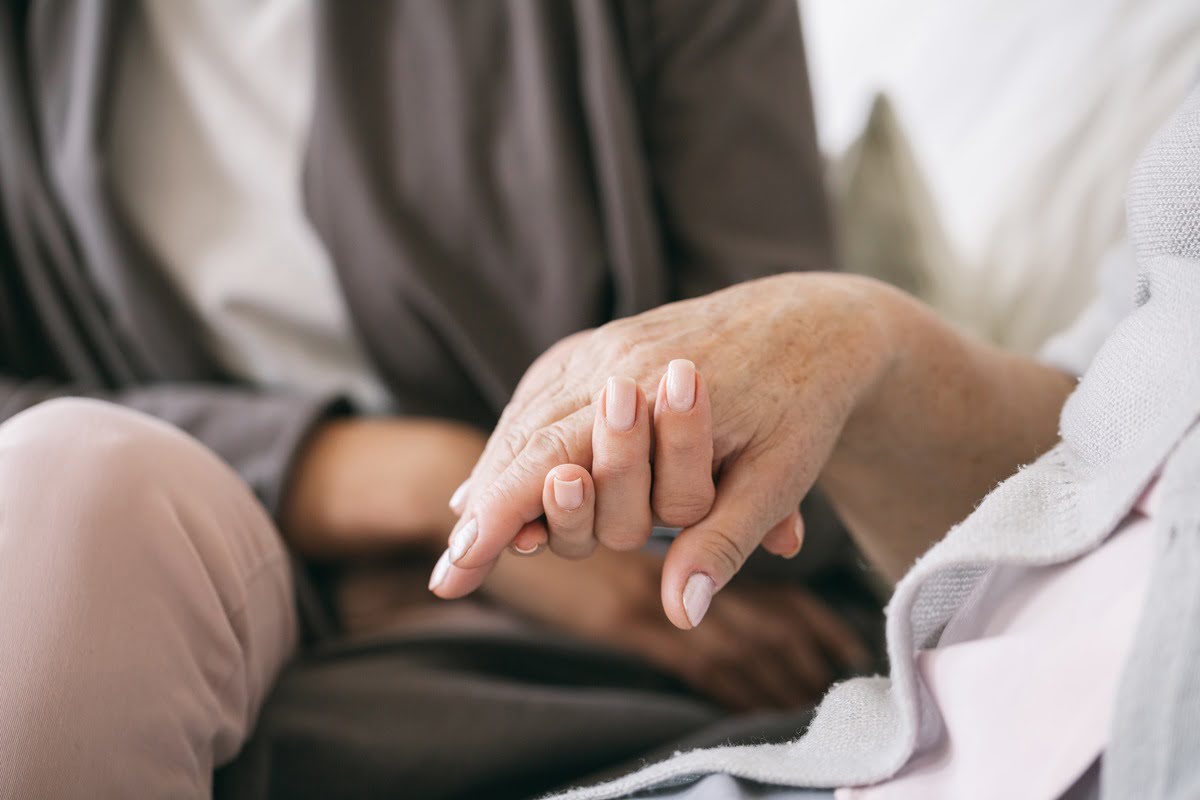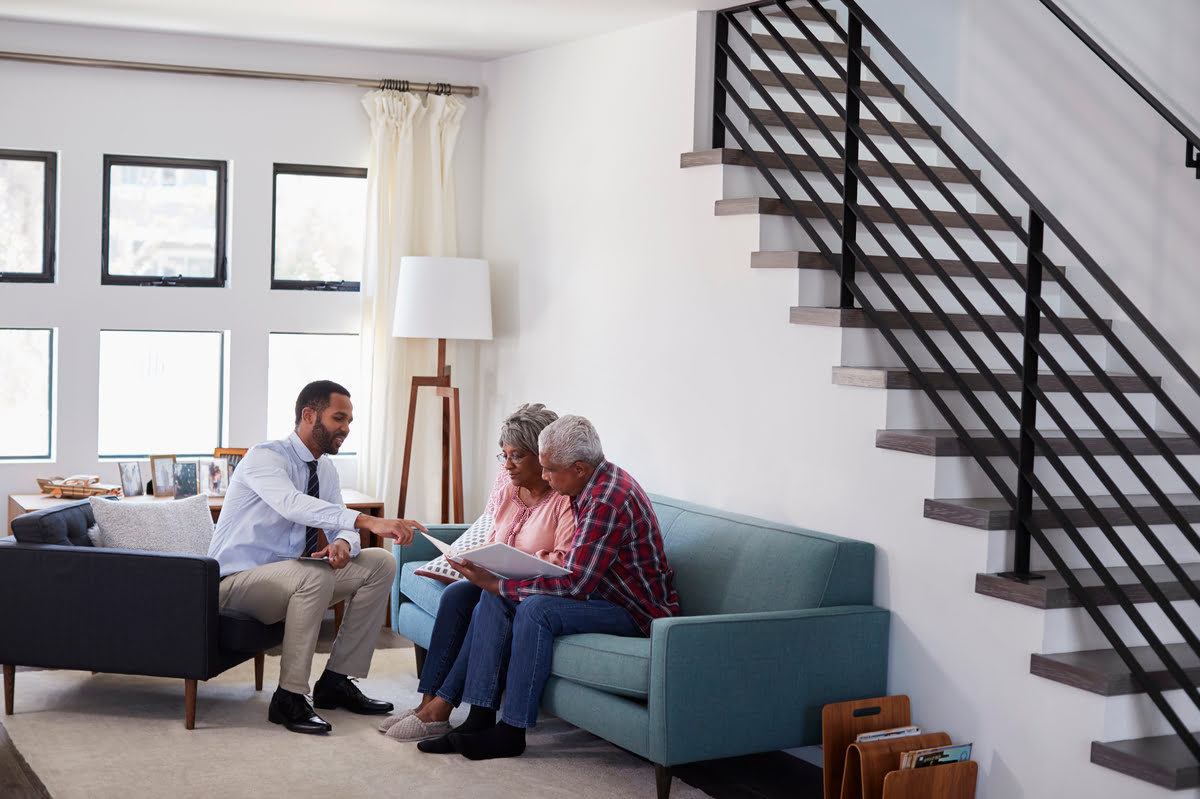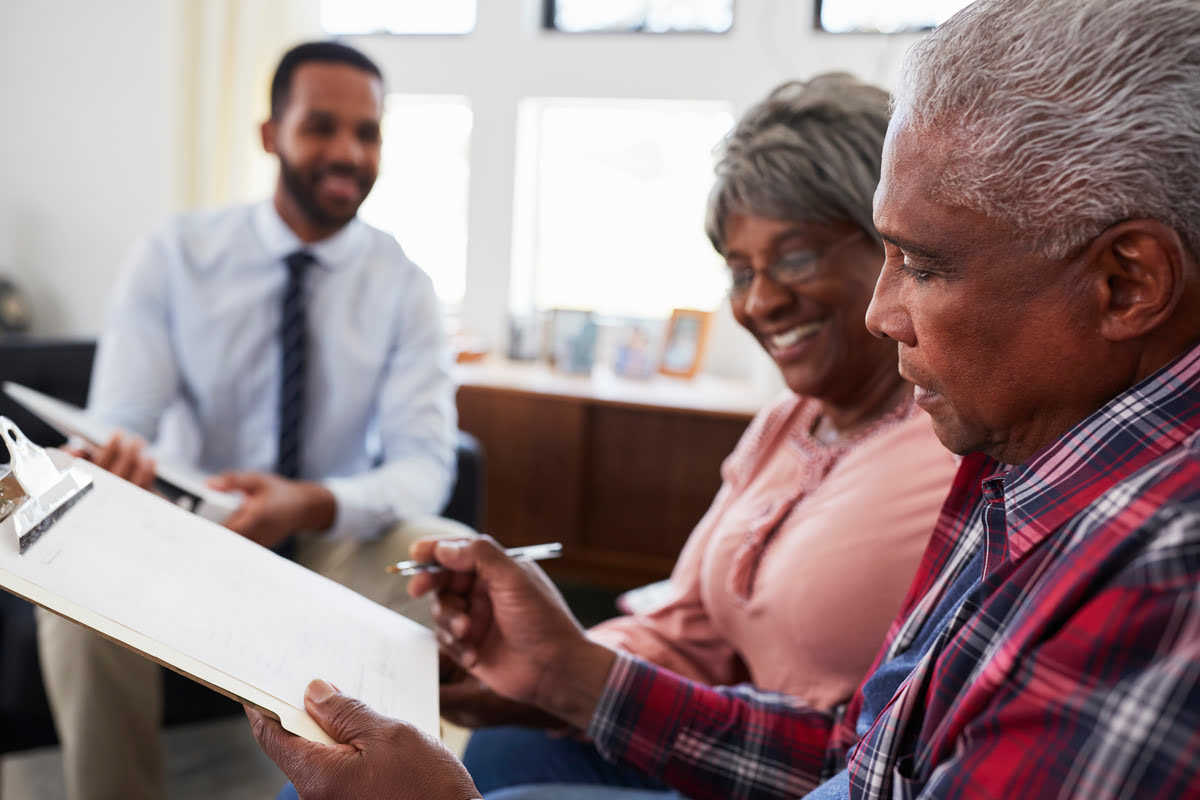The summer is flying by. We are quickly approaching August, meaning the warm temperatures will be around for another month until the fall season gets into gear. August is important in that it is National Immunization Awareness Month. Senior citizens, their caregivers, and other members of the Philadelphia community should be immunized against diseases including the highly contagious coronavirus, also known as COVID-19. However, coronavirus is only one virus you need to be immunized against. The elderly and their caregivers should also be immunized against other diseases with preventative shots.
Sadly, plenty of people have forgotten about these preventative measures or simply ignored them as the pandemic stretched on for well over a year. If you know you are overdue for an immunization shot or if you suspect you might be overdue for such a shot, it is in your interest to meet with your doctor to coordinate immunization, get a physical, and possibly coordinate personalized care.
Vaccines Are Important for Everyone
There is a common belief that vaccination is only important for infants. The truth is immunization through preventive shots is important for individuals of all ages. This means kids, tweens, teens, adults, seniors, and also those who provide care for seniors should be immunized with preventive shots in accordance with the schedule detailed by their personal doctor.
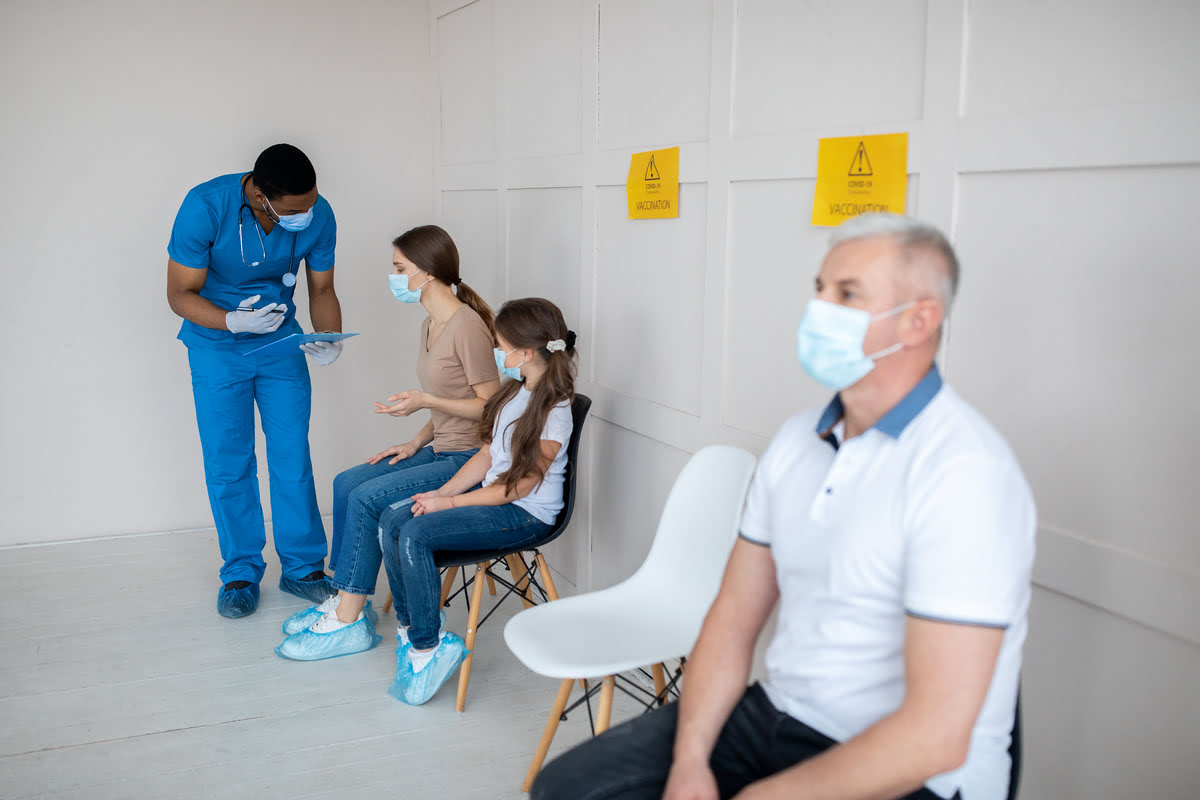
Timely vaccines are important as they play a vitally important role in guarding against serious diseases. Though the vast majority of the diseases that vaccines are available for are unlikely to occur, outbreaks still take place. The bottom line is the experts at the forefront of the medical industry are adamant that vaccines are safe, highly effective, and recommended throughout the course of one’s life. Even if you are a senior citizen living in Philadelphia and received vaccines when you were in your youth or when you were in your early adult years, you can still benefit from vaccines. Meet with your physician to determine which vaccines are ideal for you. Furthermore, anyone who is traveling should also consider whether additional vaccines are necessary.
Don’t Forget About the Flu Vaccine!
If you are like most people, the coronavirus vaccine is at the forefront of your mind. However, every senior living in or near the greater Philadelphia area should receive the flu vaccine. The flu vaccine is typically available toward the end of the summer. Schedule your flu vaccine now and you will rest easy knowing you have done your part to prevent coming down with the flu this fall or winter.
Reach Out to AmeriBest Today
Home care in Philadelphia should not bust your budget. If you have a loved one, friend, or other important people in your life who could benefit from home care, encourage them to reach out to AmeriBest today to find out more about our unique services. You can reach our Philadelphia home care providers by phone at 215-925-3313. We can also be reached by email at info@ameribest.org.



